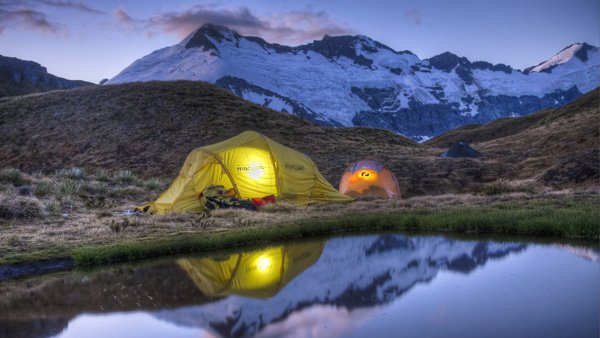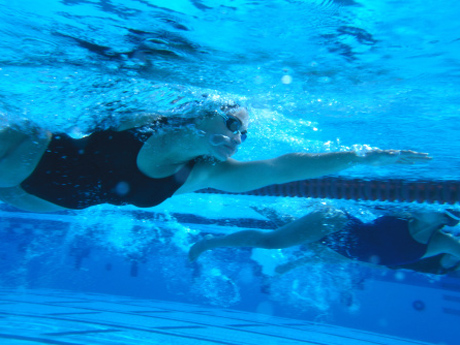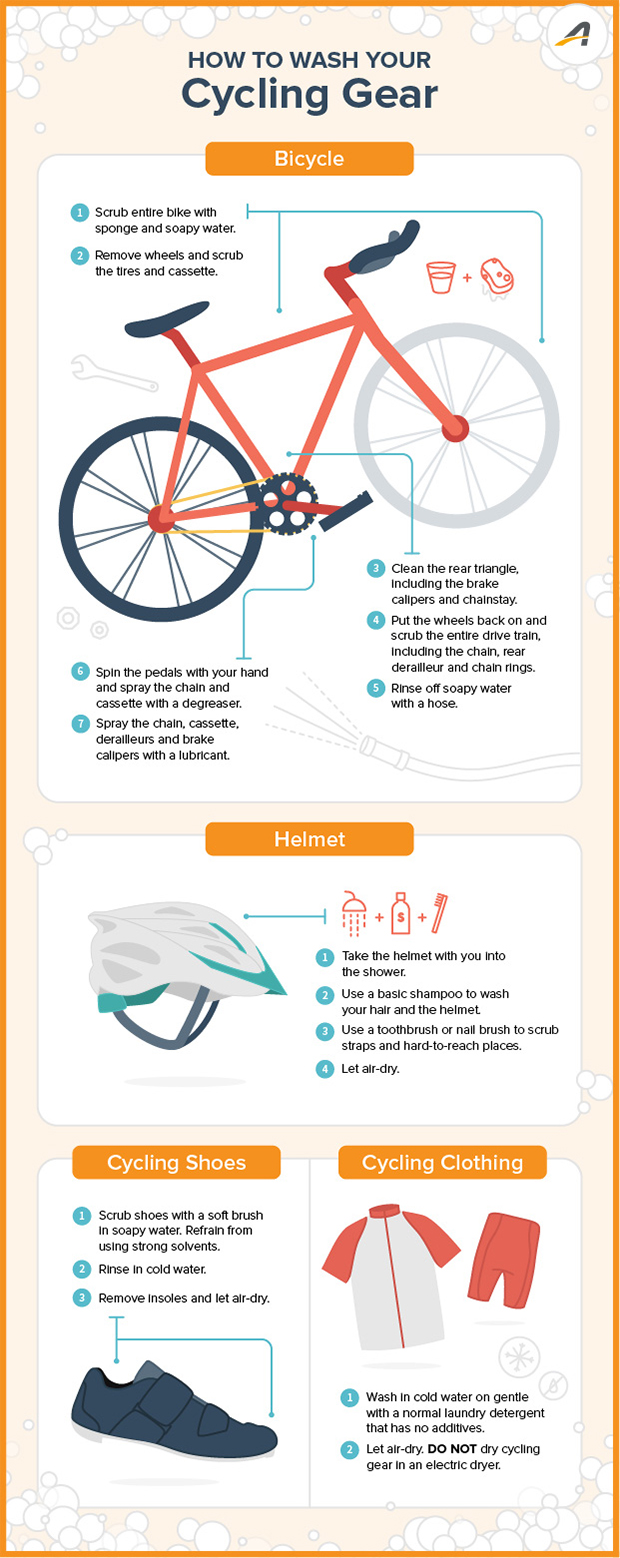Diving Mauritius
We have all heard the terms “Skin Diving” and “Scuba Diving”, and know that they are something to do with underwater diving. More specifically “skin-diving” a ‘highly competitive sport’ is “free diving” using no equipment to breath. The divers use a single breath of air to descend to depths of over 100m competing with other diver to reach the greatest possible depth. With extensive training and yoga a professional skin divers body reacts like that of ‘whales and dolphins’ during a skin dive. The heart rate slows down and the oxygen from that one lung full of air is concentrated in the heart and in the brain. A skin diver is in danger of becoming unconscious as he nears the surface after a skin dive due to the very low concentration of oxygen in the brain as he reaches shallow water. This is called “shallow water blackout”.
Scuba diving on the other hand is a non-competitive sport now practiced all over the world by not only the young athletic, but by couples and families too. Divers descend underwater using breathing equipment call “scuba gear”. The word scuba means “Self Contained Underwater Breathing Apparatus”. That is the diver is self contained and not attached by a hose to an air supply on the surface. He is free to move around weightless underwater, (like a fish) breathing air from a cylinder on his back. The air in the cylinder is compressed to 200 – 220 atmospheres, in other words a lot of air into a small space.
Depending on the depth and time of the dive, and the individual divers breathing rate, and the size of the cylinder the diver can spend up to one hour underwater. The relationship of depth and time for scuba divers is most important. This is due the absorption of Nitrogen into the blood stream and tissue cause by breathing compressed air under pressure. The deeper the dive the more pressure is exerted on the air that we breath causing the nitrogen part to be absorbed in the form of a liquid into the blood stream and tissue. This nitrogen reforms into a gas as the diver ascends to the surface after a dive. If there is too much nitrogen absorbed during the dive, it cannot all be reformed into a gas and breathed out while ascending, leaving some in the body in the form of a gas (a bubble). This nitrogen gas bubble can become lodged in a joint, heart, brain, or spine etc., causing decompression sickness (The Bends). The deeper the dive the less time we can spend underwater. It is a depth time relationship and dive tables or dive computers are used to calculate the amount of time a diver may spend on each dive. (Learn more by doing a PADI Open water Diver Course)
Scuba divers are able to enjoy and explore all the wonders that the world’s oceans have to offer. People of all ages, shapes and sizes enjoy this non-competitive sport. It is a way of life for many people. Good training by a certified instructor, being in good health and water-fit are the only requirement.
So get yourself prepared to discover a whole new world and a new way of life. Scuba Diving in Mauritius is the answer.
Learn to Scuba Dive
Scuba Diving in Mauritius


